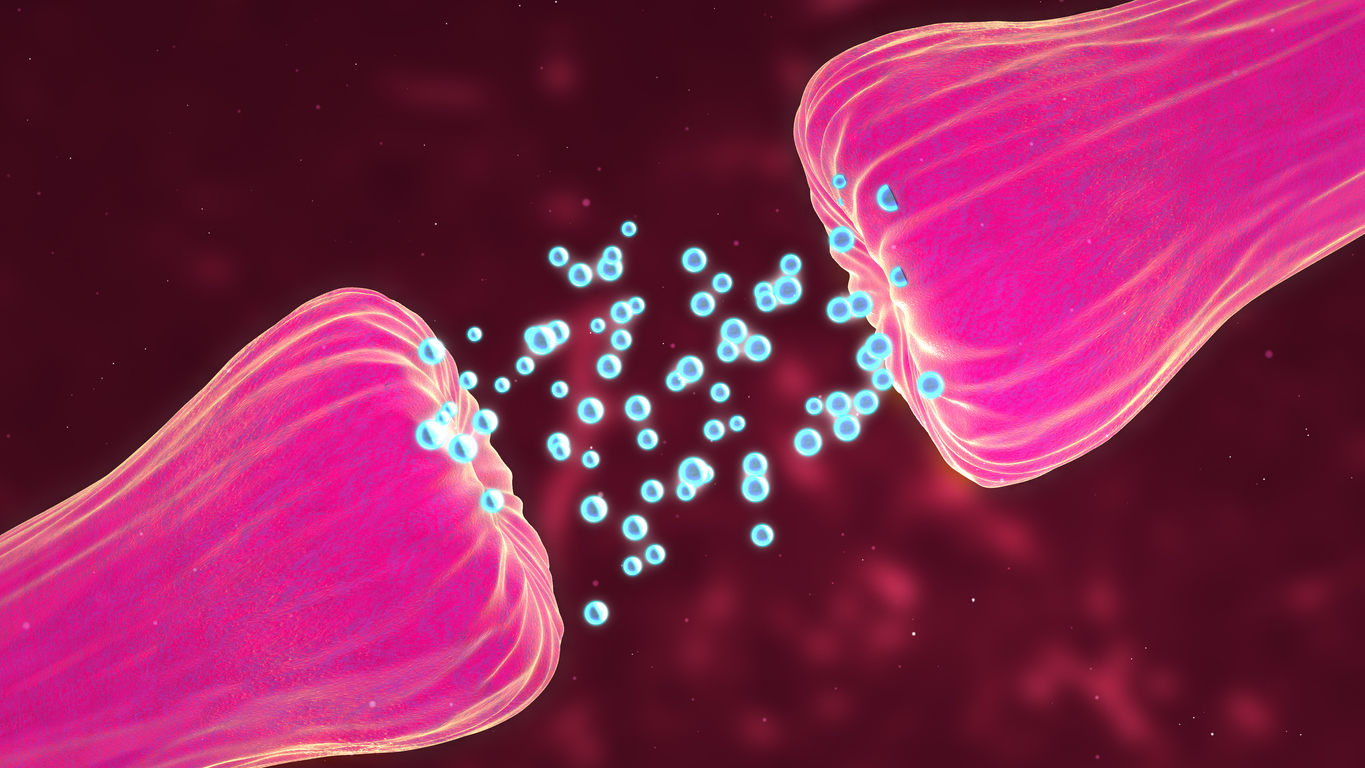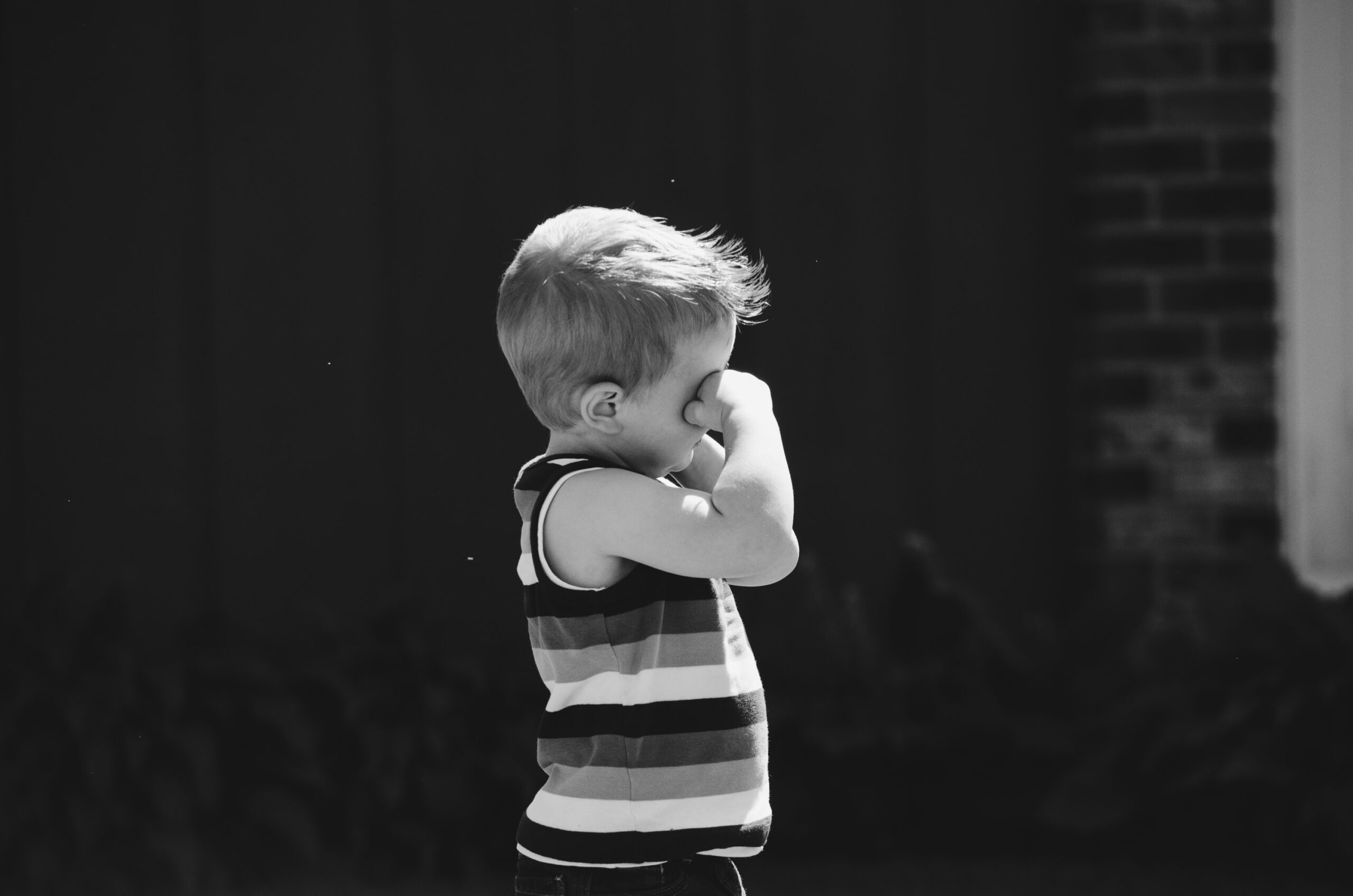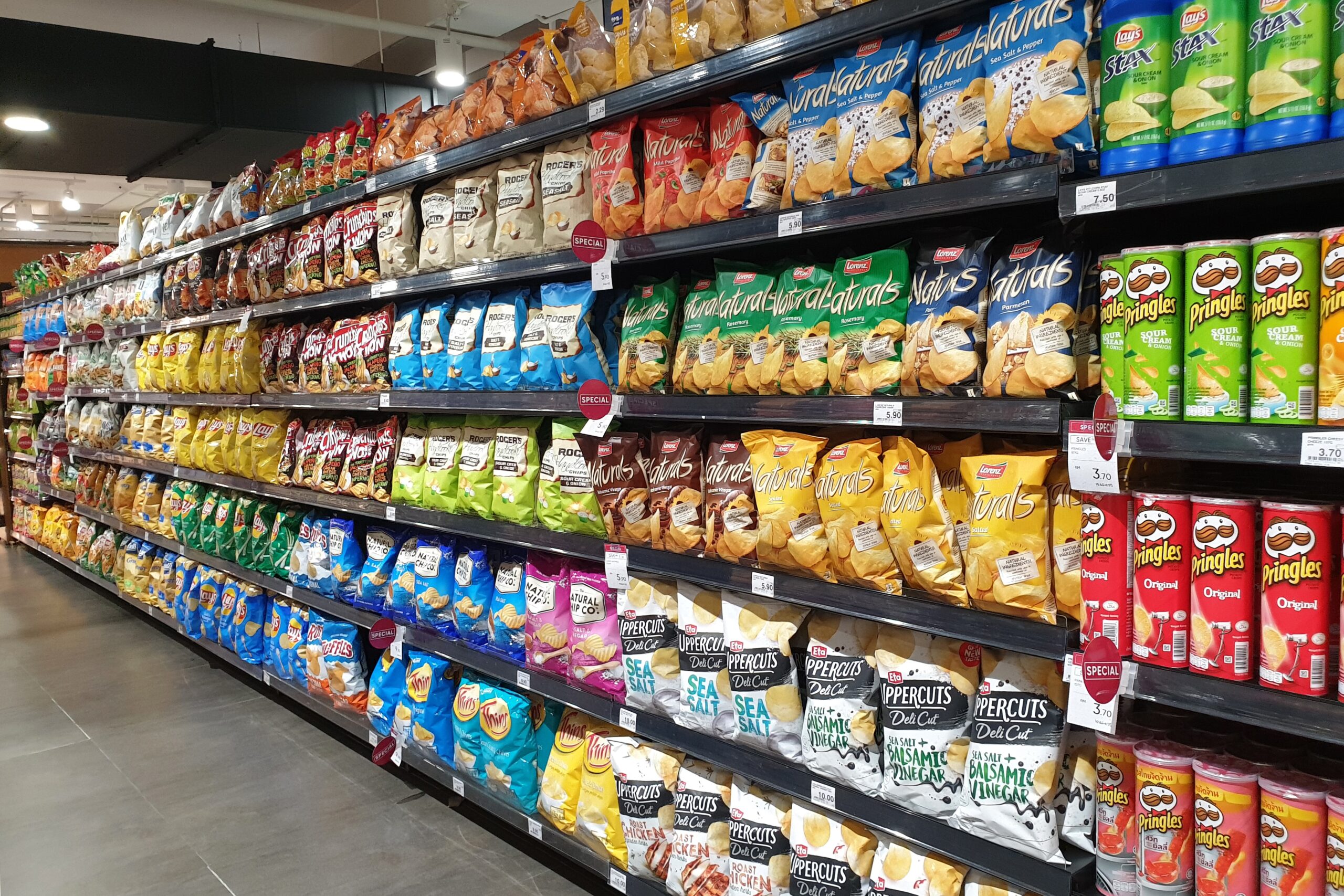The myth of the rags-to-riches transition is widely accepted in modern culture. Because entrepreneurship is often linked to success, academics have spent a great deal of time studying the qualities of successful entrepreneurs. The association between victimhood qualities and entrepreneurial inclinations is investigated in a study published in the journal Frontiers in Psychology.
Attributes linked to success include motivation, risk-taking, optimism, self-efficacy, and independence. However, trait victimhood, or the feeling of being a victim to the point where it becomes established in one’s mentality, is often one of the most difficult notions to grasp. The researchers aimed to look into the connection between entrepreneurship and victimhood, believing that the two are mutually exclusive ideas.
For individuals, organisations, and even entire countries, entrepreneurship has the potential to be a strong social and economic stimulant, according to Yossi Maaravi, the primary author of the study. Researchers and practitioners have been studying techniques to measure and improve people’s entrepreneurial potential for some time.

Examining trait victimhood.
Trait victimhood is a new notion that has been connected to heightened sensitivity to other people’s danger or unreliability. While such sensitivity may assist people avoid being injured by others, it was hypothesised that it may also hinder their entrepreneurial ambition.
Maaravi and his colleagues divided their investigation into two independent assessments. 208 Israeli entrepreneirship undergraduates were recruited for the first study. They employed questionnaires to examine, among other things, victimisation traits, entrepreneurial ability, and entrepreneurial actions. In the second study, 354 Jewish Israelis took part. Trait victimisation, global self-efficacy, and behavioural entrepreneurship were all tested online by study participants.
How entrepreneurship suffers.
Trait victimhood was shown to be inversely associated to entrepreneurial aptitude but had no relationship with entrepreneurial action, according to the findings of Study 1. This could be because only enterprising students were polled, and entrepreneurial students had lower rates of trait victimhood in general. The second study attempted to correct this issue by enlisting volunteers from a more diverse group of people.
Despite the fact that global self-efficacy was found to be positively connected with behavioural entrepreneurial behaviour in Study 1, no such association was discovered in Study 2. Victimhood was linked to bad entrepreneurial behaviour among participants with low global self-efficacy but not in those with high self-efficacy, according to the findings. Even if a person believes he or she is a victim, developing one’s feeling of self-efficacy is advantageous to one’s entrepreneurial spirit, according to the findings of this study.
According to Maaravi, entrepreneurial inclination and a persistent focus on how others have harmed you do not appear to go together. Self-efficacy (belief in one’s own abilities and competence), can help to offset the negative effects of trait victimhood while simultaneously supporting entrepreneurial objectives.
The purpose of the research was to understand more about the link between entrepreneurial behaviour and trait victimhood. It has a number of drawbacks, despite hopeful early steps in this direction. As this is a correlational study, causal linkages are beyond the scope of this examination and would require more experimental research.
Story Source: Original story written by Emily Manis at PsyPost. Note: Content may be edited for style and length by Scible News.
Reference
Maaravi, Y., Hameiri, B., & Gur, T. (2022). Perceptions of victimhood and entrepreneurial tendencies. Frontiers in Psychology, 13. https://doi.org/10.3389/fpsyg.2022.797787






